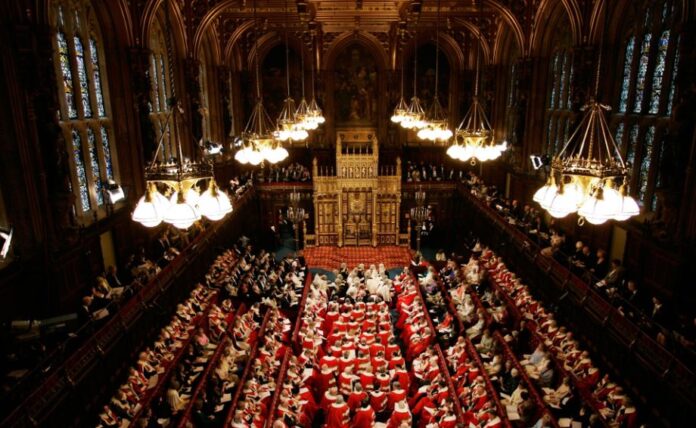The UK government is moving to eliminate the 92 hereditary seats in the House of Lords, aiming to end the practice of passing down parliamentary seats through families rather than elections. This is part of broader reforms targeting the structure of the upper chamber of the UK Parliament, which remains unelected.
The Labour Party, which currently holds power, committed to abolishing these hereditary positions in its most recent election manifesto. This effort continues the reform agenda initiated by former Prime Minister Tony Blair.
Also Read: Danish Police Detain Greta Thunberg During Gaza War Demonstration
Constitution Minister has called the proposed legislation a “landmark reform,” arguing that hereditary seats are an outdated concept in a modern democracy. However, the bill must still pass through both the elected House of Commons and the House of Lords, where the reforms may face opposition, before it becomes law.
This push is seen as an attempt to make the UK’s political system more democratic by removing family-based, unelected positions from Parliament.
Key Points
UK Government Reform: The UK government is moving to abolish 92 hereditary seats in the House of Lords.
Hereditary Seats: These seats are passed down through families rather than being elected.
Labour Party Commitment: The ruling Labour Party pledged this reform during the last election, continuing the changes initiated by Tony Blair.
Constitution Minister’s View: The minister described the reform as a “landmark” and called the practice of hereditary seats outdated.
Legislative Process: The bill must pass both the House of Commons and the House of Lords to become law.
Goal of Reform: The aim is to make the UK political system more democratic by removing unelected, family-based seats in Parliament.



